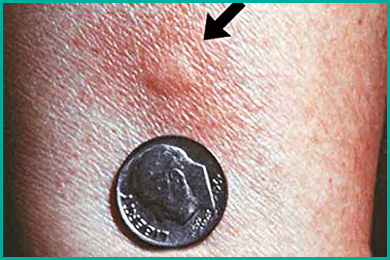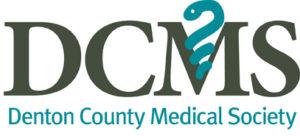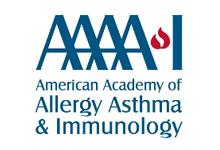Allergy Skin Testing
 Skin testing is the most reliable test for diagnosing allergies. It is safe for all ages, from infants to the elderly. Skin testing is fast, relatively painless, more accurate and usually less expensive than blood testing.
Skin testing is the most reliable test for diagnosing allergies. It is safe for all ages, from infants to the elderly. Skin testing is fast, relatively painless, more accurate and usually less expensive than blood testing.
There are two types of allergy skin testing, skin prick testing and intradermal skin testing. Skin prick testing is a simple, in-office procedure in which tiny amounts of concentrated food or environmental allergens are applied to your back by making a small “scratch” on the surface of your skin. In 20 minutes, your test is read and, if you have allergies, you will have itching, redness and swelling like a mosquito bite where the allergen was placed.
If your skin prick tests are negative but your physician still suspects you might have allergies, more sensitive intradermal skin testing may be undertaken in which a small amount of allergen is injected within the skin of the arm. This type of test takes an additional 20 minutes.
Allergy skin tests are safe and minimally invasive. Results of skin testing have proven to be more accurate than blood testing in detecting allergic conditions. Our Board-Certified physicians are proficient in allergy skin testing. They will take the time to discuss your personalized allergy skin test profile with you and form a highly effective treatment plan with you before you leave your appointment that day.
Please read these important instructions before your allergy skin testing appointment:
- How to prepare for your allergy skin testing appointment
- Antihistamine medications should be stopped one week prior to skin testing. Please review our list of drugs to avoid/stop 7 days before skin testing.










